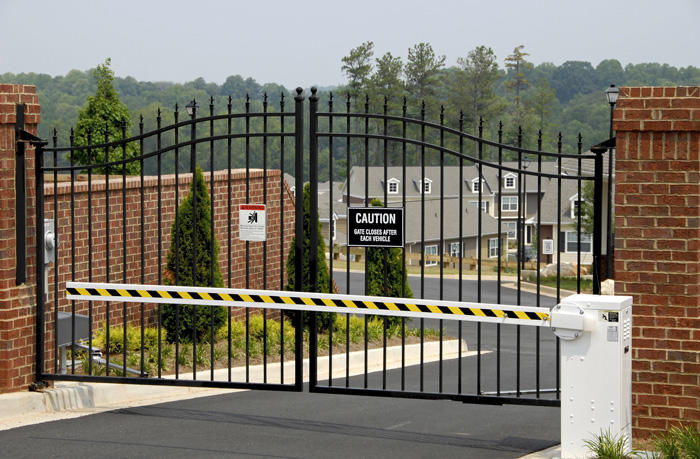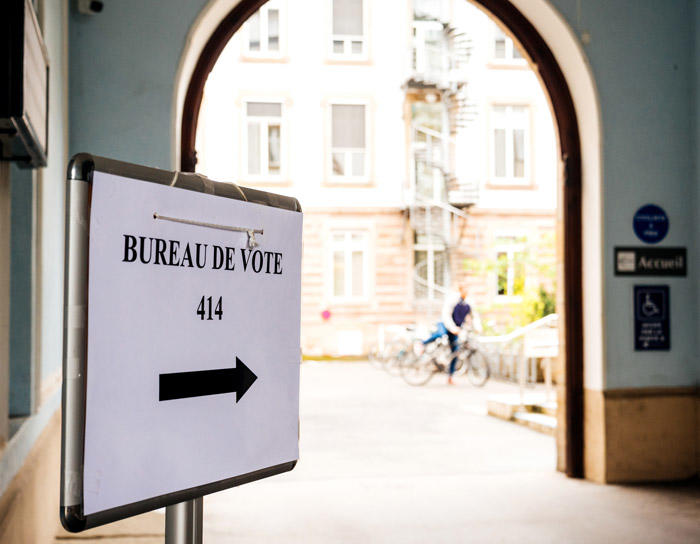How does perceived vulnerability to crime pervade politics, markets, and democracy? Professors Jean and John Comaroff compare the United States to South Africa.

Jean and John Comaroff, professors in the Departments of African and African American Studies and of Anthropology, divide their teaching and research between Harvard and universities in South Africa. Their scholarship has focused on colonialism and the transformation of societies in the postcolonial and late modern worlds. A recent joint effort, The Truth about Crime, documents their “existential engagement” with the interplay of crime, policing, and sovereignty, in response to what they see as a rising global preoccupation.
The Comaroffs joined the academic boycott of South Africa in the 1970s and 1980s until the transition of power and formal end of apartheid in 1994. Upon their return to Cape Town, they immediately noticed an overwhelming preoccupation with crime in South Africa. Their desire to unpack this obsession, and what it says about modernity and our relationship to the state, is the subject of their book. Together, the Comaroffs consider the economic, political, and sociological shifts that underlie modern attitudes toward criminality and how these shifts have contributed to the fear of one another, to racial violence, and to public distrust in government.
The Weatherhead Center spoke to the Comaroffs from their home in Cape Town, and asked them to tease out some of the complex relationships between crime and policing and how they affect the concept of citizenship.
... Read more about What We Think about When We Think of Crime


